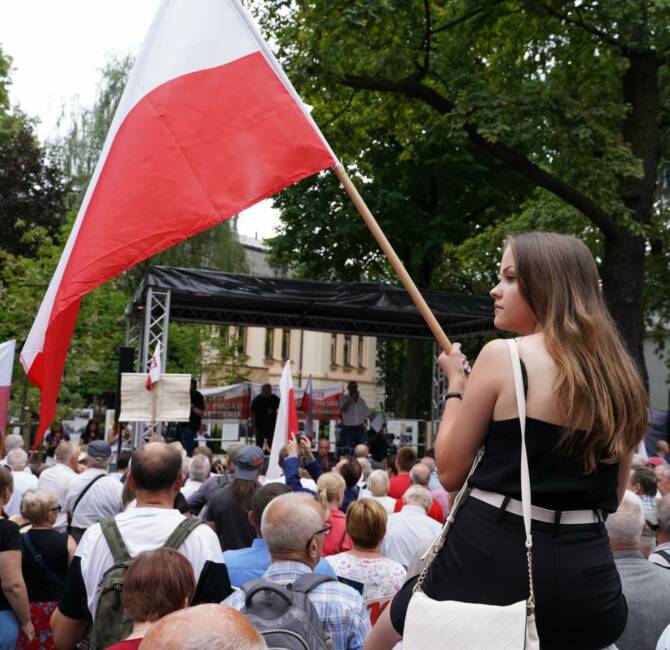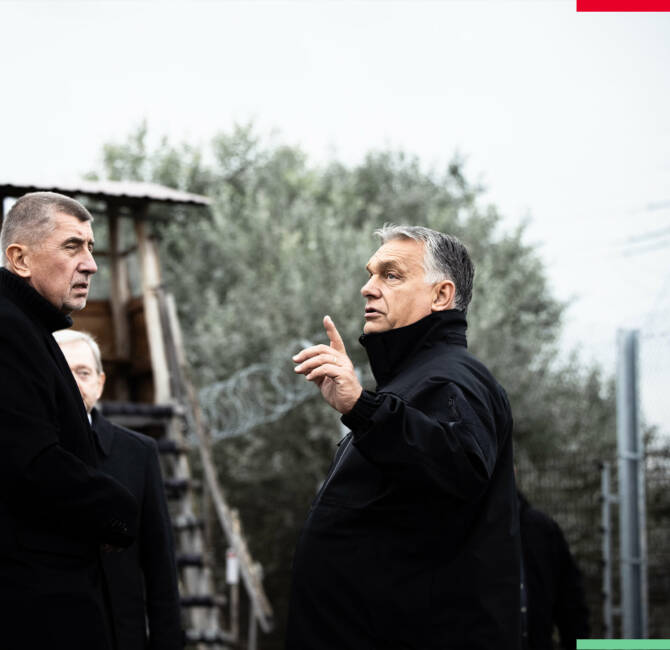Czechia – Whilst the Greeks, Germans, French, Italians and Latvians have recently started to foresee such a move, the Czech prime minister, Andrej Babiš, during a visit to the Hradec Králové region in north-eastern Bohemia on Thursday 22 July, announced that COVID-19 vaccination will not be made mandatory in the country whilst he remained at the head of the country.
“There is no reason to make the vaccine mandatory…”
“Let’s be clear. There will never be mandatory vaccination of the public or healthcare workers under this government.
[…] let the next government have that debate. But from my viewpoint, there is no reason to make sure a move. We are going to try and use persuasion instead.”
But “it might be a possibility in the future, of course…”
The Czech health minister, Adam Vojtěch, approved the prime minister’s comments but put them into perspective to a certain extent: “Mandatory vaccination is a relatively important step to take. If it were to happen, then current legislation would probably need to be changed.”
We might well get to the point where mandatory vaccination could be needed. Of course, I don’t think that it is an option on the table today but it might be in the future.”
This just goes to show that Czech politicians are just as good at using the old “Yes but no…” as any other…
COVID-19 vaccine refused by a quarter of Czech and a third of Slovaks.
A survey published by the Centre for Research on Public Opinion (Centrum pro výzkum veřejného mínění, CVVM) on 23 July revealed that 35% of Czechs are undertaking the vaccination process (19% had already received two jabs whilst 16% had only had one), 35% intended to get vaccinated, 23% had no intention of getting the vaccine and 7% were unsure.
In neighbouring Slovakia, where President Zuzana Čaputováhad signed off the Lengvarski amendment, that had been approved by parliament on 25 July, that cleared the way for the country’s health authorities to temporarily a sanitary passport system depending on how the pandemic progresses. In other words, the Slovak health authorities will now be able to decide, if needs be, to grant access to certain places only to people that have been vaccinated, cured or in possession of a negative COVID-19 test.
61.9% of Slovaks are against mandatory vaccination
At the same time, the number of people refusing compulsory vaccination is increasing quite rapidly in Slovakia – a development that is probably not entirely unrelated to the not only declared but also active opposition of the former prime minister and chairman of the social democratic party Smer-SD, Robert Fico. According to a recent study, whilst 51.7% of Slovaks had already been vaccinated or wished to be so (much lower than the 70% of Czechs), 36% now refused to get jabbed (up from 30.9% in May and much higher than the 23% of Czechs who feel the same). It is also worth noting that 61.9% of Slovaks were against any form of mandatory vaccination. Cited by “Hospodarske Noviny”, Robert Klobucký of the Slovak Institute of Sociology explained that:
“With regards to mandatory vaccination and more relaxed epidemiological measures, society is divided into two: the majority of those already vaccinated support both measures whilst those that are not vaccinated are soundly against.”
This study also notes that 29.8% of people that refused to get vaccinated would change their mind if the vaccines were proven to be safe and properly registered.




